Our friend Steve Masty gave me permission to pass on some of his emails from Kabul where he is a civilian adviser to the Afghan government. Steve will be joining us as a new contributor so I offer this preview of his wit, wisdom, and experience. Thanks Steve, we look forward to hearing more from you when you aren’t busy helping to bring Russell Kirk’s wisdom to Afghanistan.
Report from our man in Kabul, Steve Masty
I think…many good people, may have a slightly romanticised picture of my afghan chums, coloured by GA Henty and all his blood-and-thunder boys’ books long unread by the Brits but still influential. Things titled ‘With Kitchener to Khartoum’ or ‘Captured by the Crazed Ghilzai Ragheads.’ The British bungled three invasions and the recollection remains a sore spot, so it helps them to brand all these people as knife-wielding savages. Afghans know this and giggle about it behind their backs. The posher bit of Kabul where the gringos live is called Wazir Acbar Khan, after the Afghan freedom fighter who killed a lot of them when they rudely invaded in 1878—Afghans giggle about that too but most honkies have no idea.
They are an endlessly hospitable and curious people, but knowledgeably happy with their own traditions, comfy in their own skins, lacking that sense of inferiority sometimes still held by nations long colonised. While they have elegant manners to put to shame a renaissance french court, they will let you know precisely what they think be one a driver or a cabinet minister. I like that—a heap of politesse but not a spoonful of subservience.
And endless merriment and good humour in all its forms, and a keen eye for gasbags or the insincere and a deft way to puncture balloons—often without a gringo knowing what happened. Once you know what these sophisticated and fundamentally good folk are up to—and they know that you know—then you are in on all the jokes. but most foreigners keep swaggering around deaf to all subtlety. As Afghans say, amid their hundreds of proverbs, you can send a donkey on Haj but he’s still a donkey.
I keep collecting Afghan jokes for a lecture at london’s school of oriental and african studies that I never get around to delivering. Even the clean ones are terrific. and they run the gamut between perceptive and goofy, between whimsy and pointed satire, and on and on. They have very sophisticated minds, just running sometimes on a very different wavelength that makes living among them a constantly rewarding challenge.
A random joke told by Afghans who don’t know much about cocktail parties: The jungle is having its spring ball and the nimble monkeys tend bar. The elephant objects to his 50ml dram because he is so big, so they pour him 250ml. The lion, king of beasts, wants a bigger measure too and so each animal gets a tumbler full until the donkey asks for only 10ml. Why? He tells the monkeys, ‘these animals drink to become donkeys but, hey, I’m already a donkey!’
Here is another: 200 years ago a scruffy Pushtoon keeps stealing Persian sheep and the border police, the army and even the shah’s palace guard can’t get near him because he is too clever and fast. Finally the shah’s nephew hoists a flag of truce and the flea-bitten peasant sits on his silken carpets, scratching himself. The aristocrat asks why do you people fight? The answer comes, for booty of course. The Persian sneers ‘I’ll have you know that we are Persians and Persians fight for honor!’ After another good scratch, the Afghan muses ‘this makes sense. everybody fights for the thing he doesn’t have.’
They size one up quickly. An elderly Afghan recuperated from surgery in the home of an American academic, where he watched the 1992 presidential debates without speaking a word of English. His take—’The son of Reagan’ (Bush, he had the relationship wrong) was ‘a good man but old and tired and run out of ideas’; the young man (Clinton) seemed ‘full of ideas, probably all bad’ (!); of Perot ‘the man with the big ears would be a welcome guest in our village but we would not let him handle the firearms (a barking lunatic). Better than the broadcast networks, if you ask me. Here, gravitas and character and reputation matter and they are quick to gauge it among one another and foreigners too.
They get around T.S. Eliot’s question—’who will save knowledge from information and who will save wisdom from knowledge,’ being too wise to have ever fallen into the data trap.
They are also Chestertonian medievalists. Faith and family and tradition are everything here, and in the 70s my late friend Louis Dupree (perhaps the last great anthropologist in the mould of malinowski) wrote that few rural Afghans have any friends who are not relatives. So exaggerated—but yet still real—elements such as revenge are proven methods of preserving extended family and tribe and, for the Pushtoons, Pushtoonwali or the Pushtoon code of honour. I knew a rich scoundrel who had two-timed the Mujahidin and the Soviets, the Paks and the Americans and everyone knew it and he got away with it until he kidnapped some guests. Only then did the whole society come together to kill him for violating the Pushtoonwali code of hospitality which is paramount. They were right too.
So they have real and practical values that are not always ours, but which make sense when one knows enough about how they think and work. Herodotus clocked these guys 2500 years ago, and they had not started only the week before. They may be around a while yet, and I am reminded often of Roy Cambell’s Zulu girl, baby on hip, making a timeless furrow with the stick and the ox, as she ‘ploughs down empires, thrones and kings.’
Yes, the west dies unless… it revivifies community! Metternich said you can do anything with a bayonet except sit on it, and most americanos think that a checkbook is the solution to everything. Gosh, the fools imply—had Jesus an american express card he could have skipped the whole ‘crucifixion thing.’
How I cringed, 2 years back in Casablanca when, in the elaborate new mosque built by Hassan, the late king, the guide asked Grover, his utterly splendid Palestinian wife Samah, and a group of gawpers and I if anyone wished to ask ‘the American question’ asked by all Americans apparently—how much did it cost? gulp.
…conversation (with an Afghan official) got onto confusing westernization with modernisation or reform, and his father’s memory of having to find trousers to wear over his Afghan clothes (no belt but rope sufficed) in order to be let into Kabul and how comical it looked. He mused about development experts and reformist politicians, “those who uproot trees or who uproot traditions I dislike equally,’ he said. He spoke for his country, for the most part….the bright, energetic young bucks that he has recruited take the same view, retaining courtly manners while shucking the deference to the west that defined their predecessors. This cheers me no end.
Books on the people and topics discussed in this essay may be found in The Imaginative Conservative Bookstore. The Imaginative Conservative applies the principle of appreciation to the discussion of culture and politics—we approach dialogue with magnanimity rather than with mere civility. Will you help us remain a refreshing oasis in the increasingly contentious arena of modern discourse? Please consider donating now.



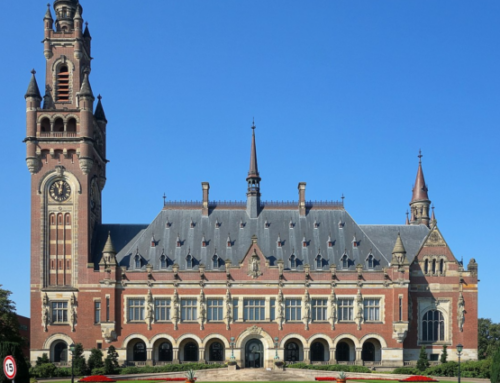
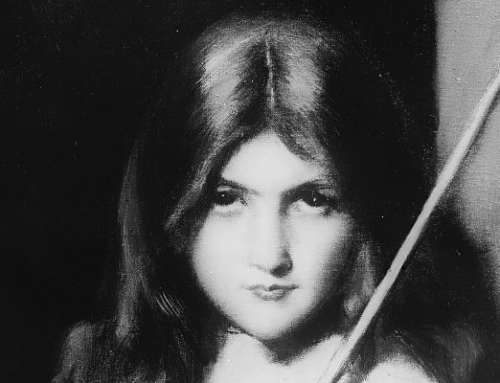
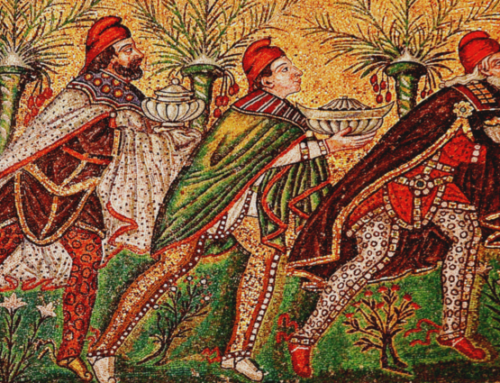
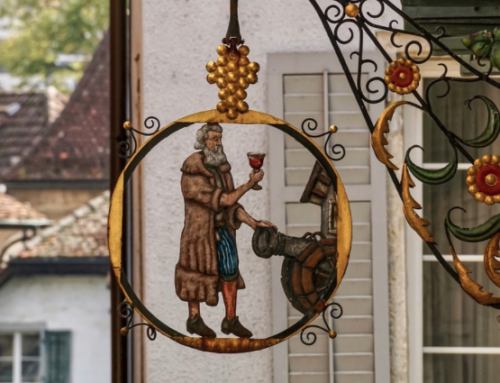
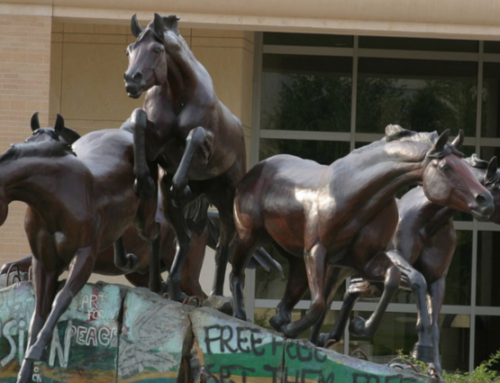
I had the honor of being a co-worker with late Steven Masty, my his soul rest in peace. He understood Afghans more than many Afghans do. He appreciated the Afghan wisdom more than many Afghans do, let alone others who are victims of the oriental and then the ultra politicized depiction of Afghans. I wish there will be more Westerners who will follow his foot steps to understanding the cultural richness and complexities of the Afghan society.